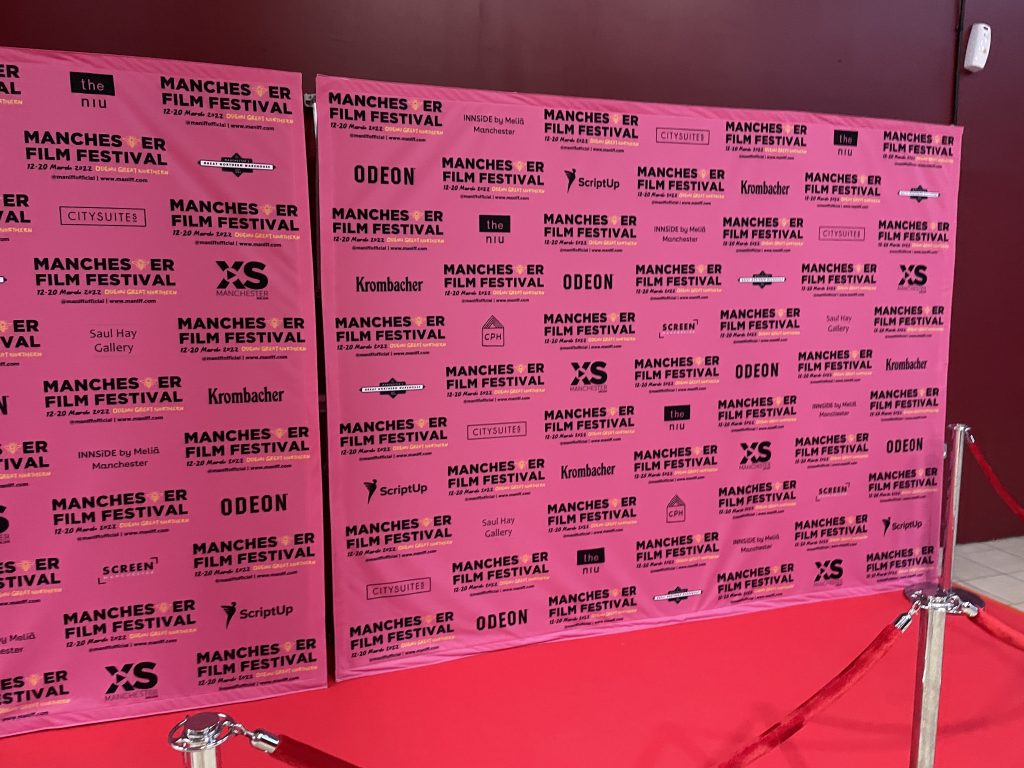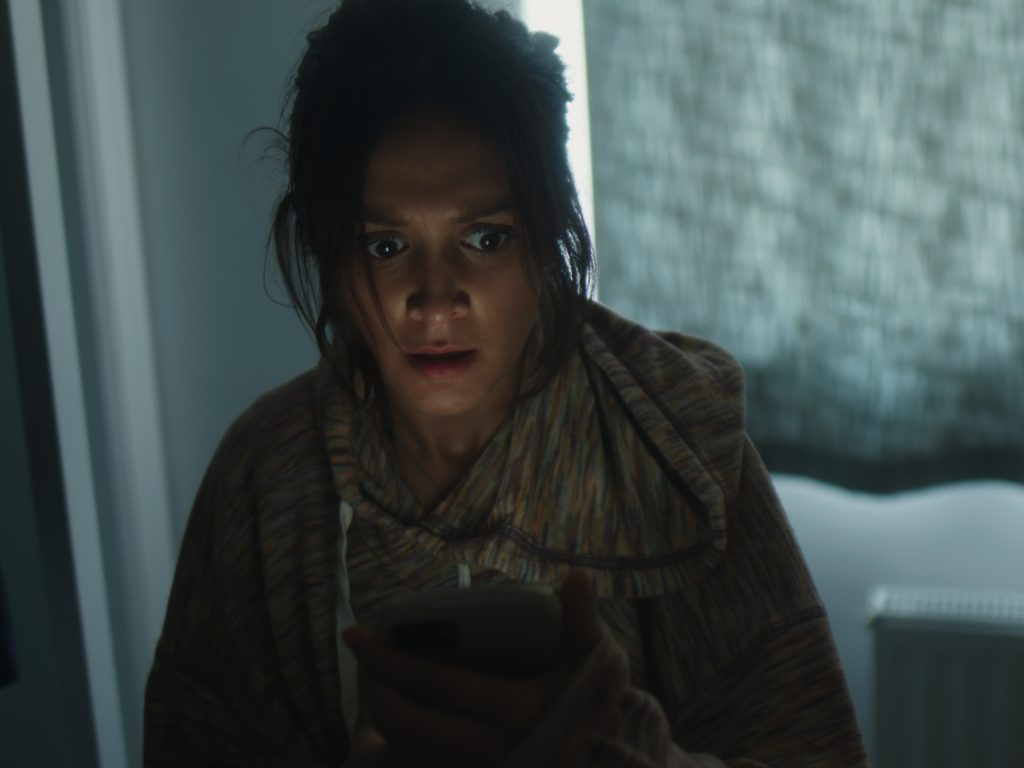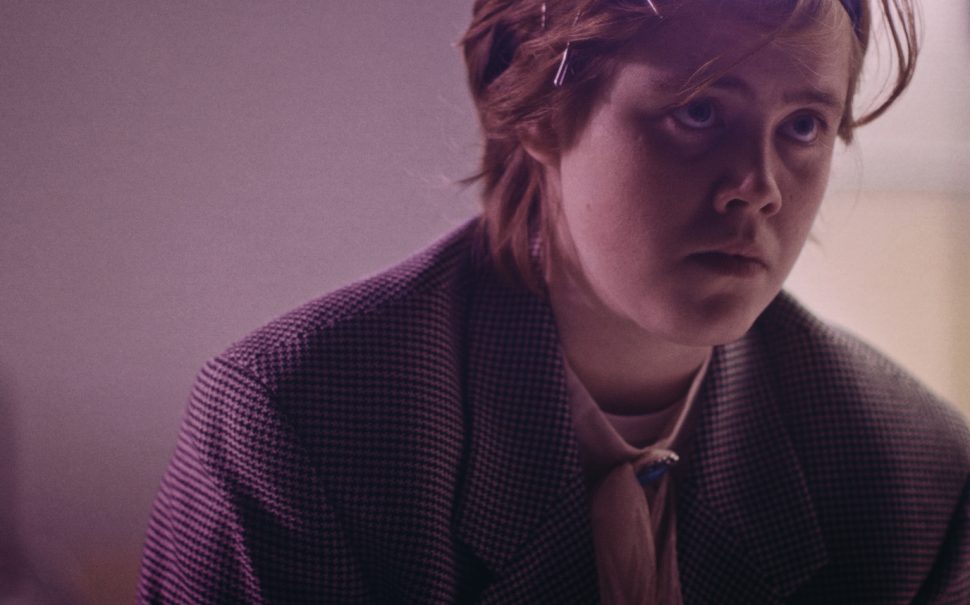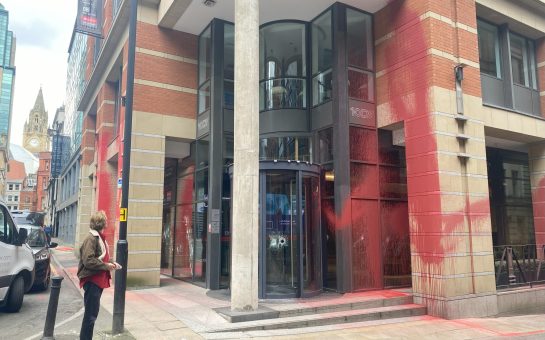The Manchester International Film Festival 2022 took place at the Odeon Cinema, Great Northern last week.
There were 130 films, documentaries and short films played across the week with all making their premier in Manchester.
It was the perfect opportunity to watch some honest and very well worked films from filmmakers who have really struggled with the pandemic over the past two years.
Mancunian Matters was invited to attend the event, and I decided to watch the North West Shorts session on Tuesday 15th March.
This is where the film festival celebrated the filmmakers from around the area, and the directors really didn’t let the North down.
The standard of all short films was incredibly high.
I made sure I was there for the red carpet ceremony, which gave the opportunity to those involved in the films to participate in interviews and get some photos.

But, when I made my way into the cinema, the atmosphere there was vibrant and full of excitement, filled with people who enjoyed discovering new genres of films.
My initial seat was double booked and was actually taken by Salford based actor for the short film Life Skills, James Anthony Worthington.
It was a great opportunity to speak to him about his work, his livelihood and most importantly his thoughts on Manchester United.
As you can imagine, a rather bleak and miserable topic of conversation.
This was something which really set the tone of the event, as it became apparent to me that it was a casual and friendly event where the sole purpose was to celebrate filmmakers’ hard work.
Not just an excuse to eat as much popcorn as you could take.
And the audience really showed their appreciation for the dedication, as after each film the audience broke out into applause.
In total, there were nine short films, with genres spanning from music videos, to comedy and dystopian.
All the filmmakers were encouraged to join the Q&A session after the screening which really put a face to the film.
This also gave the chance for the general public to direct their burning questions to the filmmakers.
I spoke to film director of Dark Rooms Christian Holtappel who provided a great insight into the difficulties of creating this film for three years.
Holtappel said: “Probably the post-production (was the most challenging thing in the three years) just because myself and the guys I made it with, we were video production engineers.
“We wanted to make a film which was more reliant on the visual effects.
“So we started coming after work and staying late and just tinkering on it when we could, so it literally took us like two years to get all the visual effects.
“Working on the audio was really the biggest challenge, seeing as the script only took a couple of days to write.
“But the filming is really exciting, there is quite a bit of stop-starting, but we usually run quite a chill set, even when the subject matter is quite dark.”
The filmmaker also spoke about his creative freedom with his films.
Holtappel said: “It’s hard to say, a lot of the time is coming from experiences in which you’re going through.
“It’s funny because if we made this a year later, it would’ve really reflected other peoples experiences.
“Since we’ve finished Dark Rooms, we have shot another film, it’s not quite there yet, it still needs some visual clean ups.
“There’s always that dark element in this new film, but I always like to have my films end on a hopeful message.”
Holtappel was also the art assistant to school friend Milda Baginskaitė’s Teddy.
I additionally spoke to filmmaker Baginskaitė who directed Teddy and True Colours, the only director to have two films in the session.
Baginskaitė is a Lithuanian Writer and Director who is based in Manchester.
She shared her experiences as a female filmmaker and taking inspiration from her own life.
Baginskaitė said: “I think personally because I am a female filmmaker, I don’t like the comparison, but you’re always kind of put into that category because you are a female filmmaker.
“I’m interested in female characters because it’s something that is still in development in the film world.
“In True Colours, what I was very interested in was the mother-daughter relationship because that’s what every girl knows and experiences.”
When talking about the strong female protagonists in both films, Baginskaitė said: “In true colours we did the casting ourselves and we really looked to find Amy (Leigh Hickman’s) character first.
“We really liked Amy, she’s quite famous, so let’s approach her. She liked the script and got straight on board.
“And then we found Tilly (Keeper), casted her completely separately, and we brought them together for rehearsals on Zoom and they were like ‘oh were actually best friends’
“And for Teddy we had a big casting process with a lot of audition tapes from actresses.
“Initially I wanted to cast Lithuanians so they could speak Lithuanian but Annelise (Edward’s) audition was so strong so she had to learn the accent and had to learn the Lithuanian lines.”

Baginskaitė spoke about how she stylistically closes her films.
She said: “All the filmmakers will say that the endings are the hardest, but personally I do quite like dilemmas at the end of films, where you’re not quite sure where this will lead.
“I quite like music that might leave us lingering and thinking about what’s just happened.
“In each film as a filmmaker, I try to ask a question. That’s why I want to make a film, because I am just interested in something.
“Teddy, how much control do we have over our own identity?
“True Colours was similar with the identity but more in terms of the generational differences.”
The future is looking very exciting for Baginskaitė as she is currently working on a British comedy drama series which she is currently pitching it to various TV networks.
It was a really special experience to share a room with people coming together to watch and appreciate honest work.
And one which I would strongly recommend.
Photo Credits:
Teddy: Dir. Milda Baginskaite DOP Abigail Timmins
True Colours: Dir. Milda Baginskaite DOP Hamish Saks




